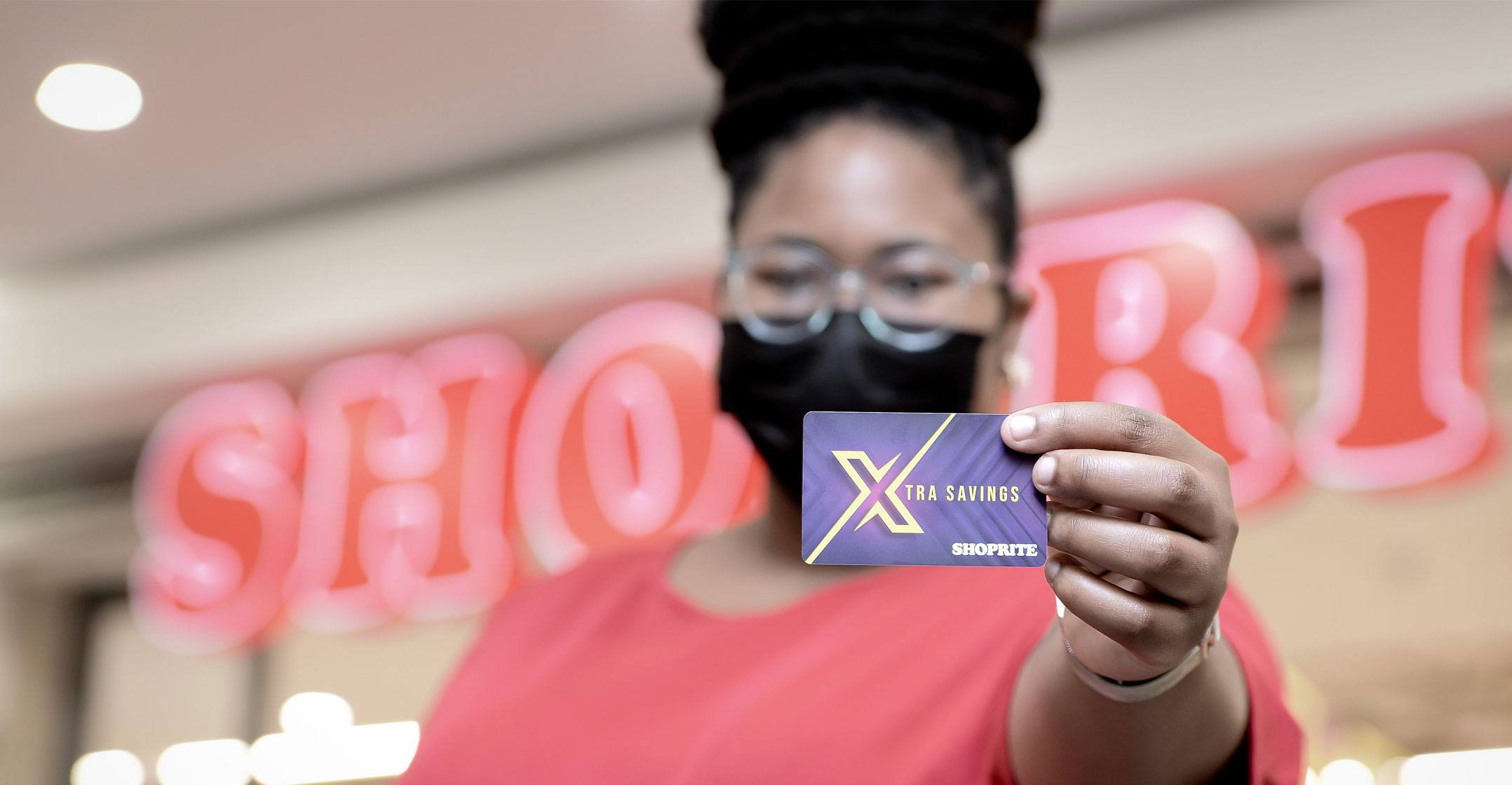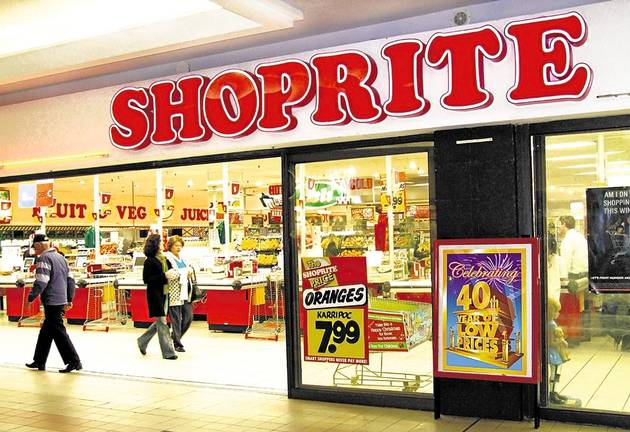
Shoprite Group, South Africa’s largest retailer, which also operates in Ghana, has quietly launched a basic transactional bank account linked to its Xtra Savings rewards cards.
With more than 20 million of these in issue across the Checkers and Shoprite brands, customers need only to register for the Money Market Account to enable banking on their existing cards.
The Money Market Account, which was launched in August last year, has over 530,000 customers, which the group says indicates that “customers see its value”. The group has 24 million unique customers in South Africa alone.
Access to the basic, no-frills account is via the group’s mobile channels (via the Shoprite app, USSD or WhatsApp). Prior to last month, the account only enabled customers to deposit funds to buy groceries and pay utility bills.
Now, through a partnership with Grindrod Bank, customers are able to send money to others and withdraw cash at the retailer’s stores. Registering for an account is simple: An SA ID or passport and cellphone number is all that is required.
This account is effectively operating on a regulatory framework designed for “wallets”. This has less stringent requirements when it comes to the Financial Intelligence Centre Act (Fica) – the Money Market Account does not require Fica registration.
There are, however, limits in place to prevent these kinds of accounts being used for money laundering: Account balances cannot exceed R25 000 at any time and there is a daily limit of R5 000 each for cash withdrawals, cash deposits and transfers.
Linked to a cellphone
FNB has used a similar approach to enhance its eWallet proposition, extending it to the Easy Zero account (which basically operates on the eWallet platform, but also comes with a card).
These limited accounts have one key difference from a normal bank account – they are linked directly to the account holder’s cellphone number. This means they do not interact with the national payments system, so do not offer debit orders or EFT functionality.
Shoprite positions this as a positive on the account website, saying: “Your money is your money … no debit orders or deductions.”
The group has a hard-hitting launch offer which gives customers R10 back for every R100 they spend in-store. The account has only a single fee: R5 for withdrawing cash at the retailer’s till points. This is smart as it disincentivises withdrawals, keeping more cash in its account ecosystem (and available to spend in-store).

Every other transaction – including deposits, sending money, purchases in store and prepaid airtime/electricity purchases – is free. At this point, the linked Xtra Savings accounts can only be used for purchases made at the group’s stores. If an account has no activity for 180 days, a fee of R5/month is charged.
The group is aggressively targeting businesses that disburse cash to staff, with zero fees on all disbursements. Floats are loaded, disbursed and reported on for free, and businesses will interact with a personal account manager. The group is carrying these costs to ensure it gets more cash (digitally) into its ecosystem, as it means a greater likelihood of this being spent at its stores.
Jean Olivier, GM of financial services at Shoprite Group, said: “The development and roll-out of the account has been driven entirely by customer needs. They wanted a straightforward account which allows them to be in full control of their money and does not surprise them with any hidden fees.”
Adding this functionality to the accounts has the potential to meaningfully disrupt the market, particularly at the lower end
The group added the linked card functionality following feedback from customers. It said “customers like transacting with their phones, but also with a card, and some raised concerns about how to access their Money Market Account if their phone battery went dead or they forgot their phones”.
Adding this functionality to the accounts has the potential to meaningfully disrupt the market, particularly at the lower end. It could see economically active customers who currently rely on normal basic bank accounts (like Capitec, new entrants and those from larger rivals) shift some of their purchasing activity onto this account.
Simple transactions like airtime purchases often attract a fee (50c or R1) on many of the “normal” bank accounts. Shifting those transactions to the Money Market Account will have a material impact for lower-income earners.
Cheaper
For those who rely on money from relatives and have very basic transactional requirements (buying groceries, withdrawing cash), this is an even cheaper way to transact.
For the retailer, shifting customer purchases from other banks to the Money Market Account has the obvious advantage of it no longer having to pay interchange fees on these transactions. On a large active user base, this amount will be material.
Shoprite Group maintains that while the Money Market Account has increased its banking functionality, it “has no intention of becoming a fully fledged bank, but rather to use its size and reach and technology to provide basic transactional banking and solve basic transactional banking issues for its customers”.
Becoming a bank would be an enormous step for the retailer as it would require a license and that subsidiary would have certain capital requirements. This is almost certainly off the table for the foreseeable future.
Far more interesting is what a slightly more fully fledged transactional bank account proposition, still utilising Grindrod Bank’s licence and technology, might look like.









